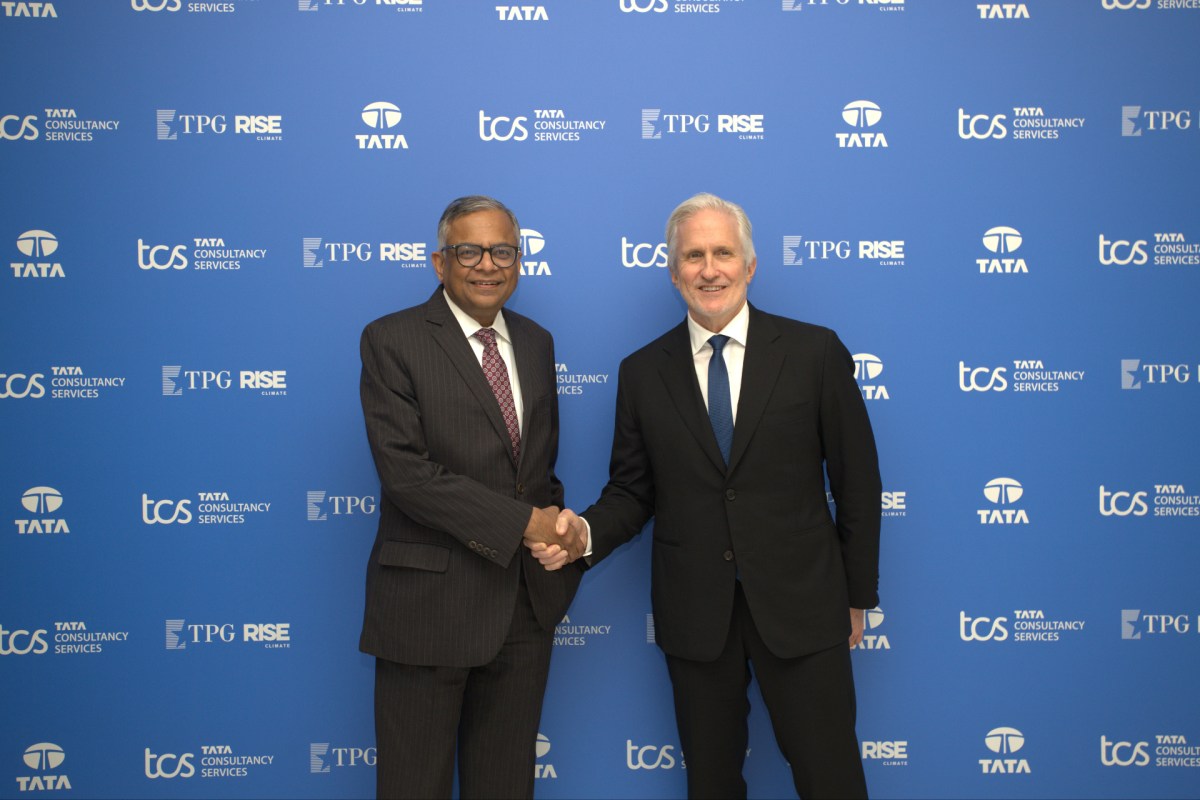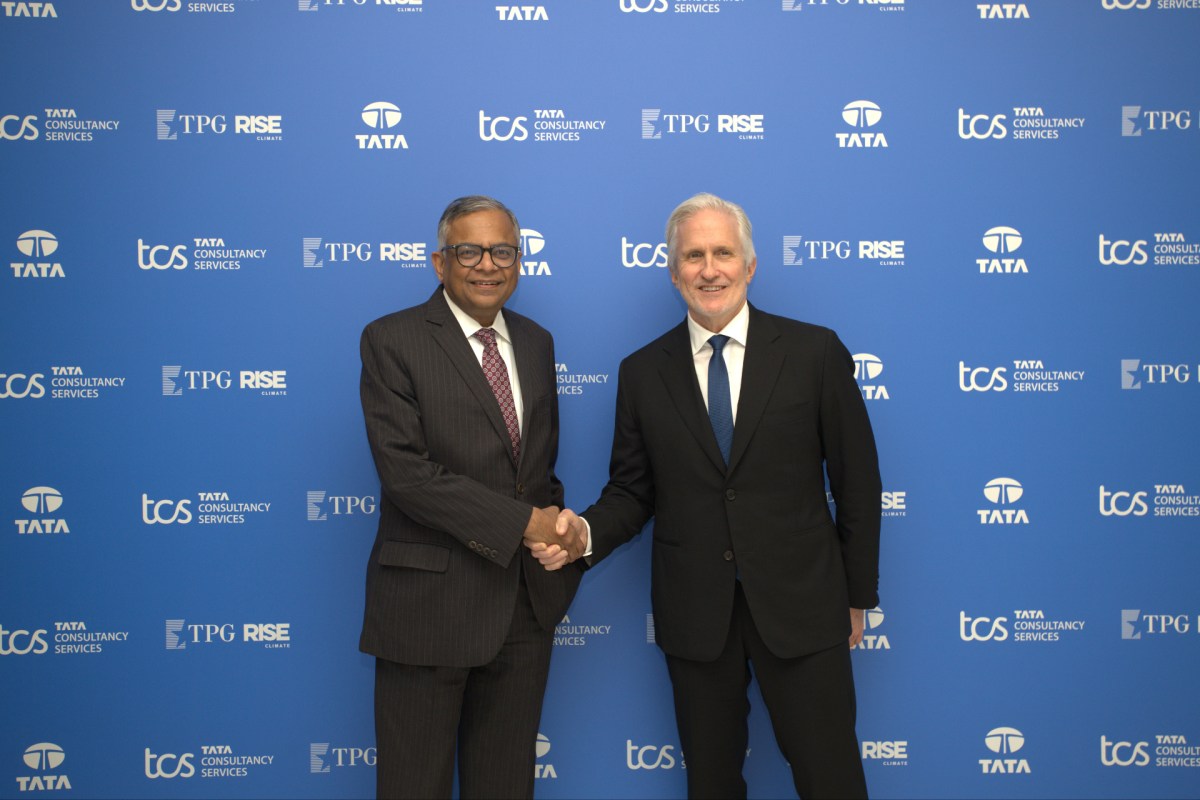Key Points
- TCS secures $1 billion from TPG for a $2 billion AI data‑center program.
- The project, named HyperVault, will use liquid‑cooled, high‑density designs.
- Initial phase targets roughly 1.2 gigawatts of AI‑ready capacity.
- India’s AI compute demand outpaces its current data‑center capacity.
- Major tech firms have collectively pledged over $30 billion for Indian data‑center expansion.
- Water usage and land availability pose operational challenges for new facilities.
- TCS aims to collaborate with hyperscalers and AI companies to meet growing demand.

Background
India generates nearly 20% of the world’s data yet accounts for only about 3% of global data‑center capacity. This mismatch has created a pressing need for new, high‑performance infrastructure to support AI workloads that consume far more power and produce more heat than traditional computing.
The HyperVault Project
TCS and TPG will jointly fund a $2 billion effort, with TPG contributing $1 billion. The venture, called “HyperVault,” targets the construction of liquid‑cooled, high‑density data centers capable of delivering gigawatt‑scale power to AI applications. Initial plans call for around 1.2 gigawatts of capacity in the first phase, with the broader aim of pushing total Indian data‑center capacity above 10 gigawatts by 2030.
Industry Context
Major technology firms are pouring billions into India’s AI and cloud infrastructure. Recent commitments include Microsoft’s $3 billion two‑year investment, Google’s $15 billion five‑year plan for a gigawatt‑scale hub in Andhra Pradesh, and Amazon’s $12.7 billion AWS expansion through 2030. Local players such as Reliance Industries and CtrlS are also expanding capacity. Over 95% of new capacity in the next five years is expected to come from leased facilities, with hyperscalers building dedicated AI sites.
Challenges and Opportunities
Liquid‑cooling technology, while efficient for high‑density GPU clusters, raises concerns about water usage in a country already facing water scarcity. A 1 MW data center load can require up to 25.5 million liters of water annually for cooling, adding pressure to strained infrastructure. Additionally, reliable electricity supply and large parcels of industrial land are increasingly difficult to secure in major urban hubs such as Mumbai, Bengaluru, and Chennai.
Future Outlook
By partnering with hyperscalers and AI firms, TCS intends to design, deploy, and operate AI infrastructure that can scale with demand. The HyperVault initiative positions TCS as a key player in bridging India’s AI compute gap, while also highlighting the broader industry trend toward high‑density, liquid‑cooled data centers as the backbone of next‑generation AI services.
Source: techcrunch.com
